HOCl Generators
Empowering Industries with Self-Sufficient HOCl Production
At Galenica Health, we help businesses, hospitals, and communities in the Americas to take control of their disinfection needs with onsite HOCl production technology. Our compact, eco-friendly generators provide a consistent, cost-effective supply of hypochlorous acid (HOCl)—a powerful and safe disinfectant for diverse applications.
Whether in healthcare facilities, factories, or community centers, our solutions reduce reliance on external supply chains, ensuring effective disinfection even during crises.
Why HOCl is Crucial for High-Traffic Areas
High-traffic spaces, such as hospitals, airports, schools, and hospitality venues, are particularly susceptible to the spread of airborne pathogens. HOCl misting offers a revolutionary 3D cleaning solution, sanitizing both air and surfaces simultaneously. A continuous fine mist of HOCl provides real-time pathogen deactivation, creating safer environments for occupants without the need for harsh chemicals.
A Call to Action for Safer Disinfection Practices
Conventional cleaning relies on harsh chemicals like bleach and ammonia, which release toxic fumes that can irritate the respiratory system—especially in enclosed spaces. While these products focus on surfaces, they fail to address the air we breathe, which is the primary pathway for airborne pathogens and pollutants. A truly effective disinfection strategy must go beyond surfaces to ensure cleaner, safer indoor environments.
Brief History and Proven Safety of HOCl
Hypochlorous Acid (HOCl) is a non-toxic, eco-friendly disinfectant produced naturally in the body to combat pathogens. First used during World War I to clean and disinfect the wounds of soldiers, hypochlorous acid (HOCl) has been a trusted disinfectant for over a century. Its proven safety and effectiveness in wound care, sanitization, and water treatment have made it an essential tool in infection control. HOCl continues to gain recognition in a variety of settings, from hospitals to public spaces, thanks to its safety profile and powerful antimicrobial properties.
Key Benefits
- Non-toxic & Eco-friendly: Safe for humans, animals, and the environment.
- Versatile: Effective in healthcare, food processing, and large-scale sanitation.
- Fast-acting: Eliminates 99.9% of bacteria and viruses in seconds.
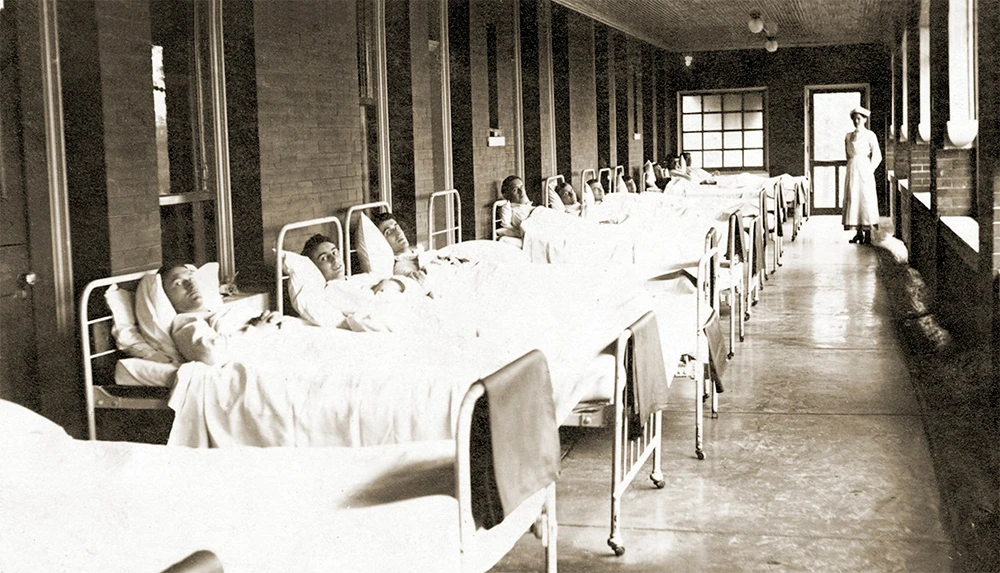
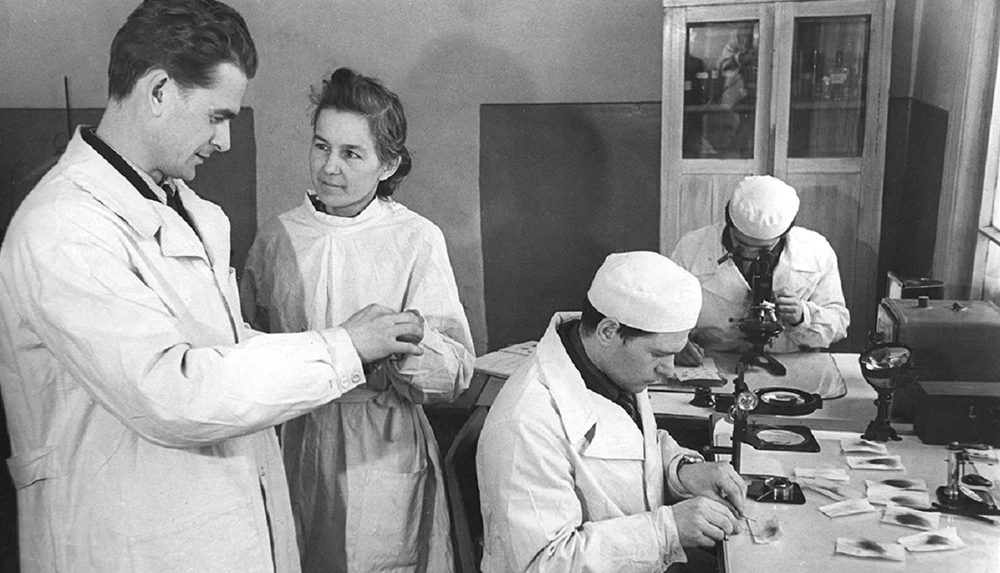
Say goodbye to indoor air pollution and welcome a new era of tridimensional cleaning
Say goodbye to indoor air pollution and welcome a new era of tridimensional cleaning
Say goodbye to indoor air pollution and welcome a new era of tridimensional cleaning
HOCl: Multi-Industry Applications
Pandemic Mitigation & Crisis Management
• Effective in large-scale disinfection during epidemics and pandemics.
• Keeps facilities operational with daily fogging and surface cleaning.
Food Processing Plants
• Prevents bacterial outbreaks like Listeria, E. Coli, and Salmonella; FDA-approved for food contact.
Hospitality Industry
• Provides safe, non-toxic disinfection for guest rooms, lobbies, gyms, dining areas, including Airbnbs.
• Suitable for high-touch areas, reducing contamination risks in facilities with high visitor turnover.
Healthcare
• Ideal for disinfection of patient rooms, surgical suites, waiting areas, lobbies and medical offices.
• Effective against healthcare-associated pathogens, helping to reduce hospital-acquired infections (HAIs) and improve patient safety.
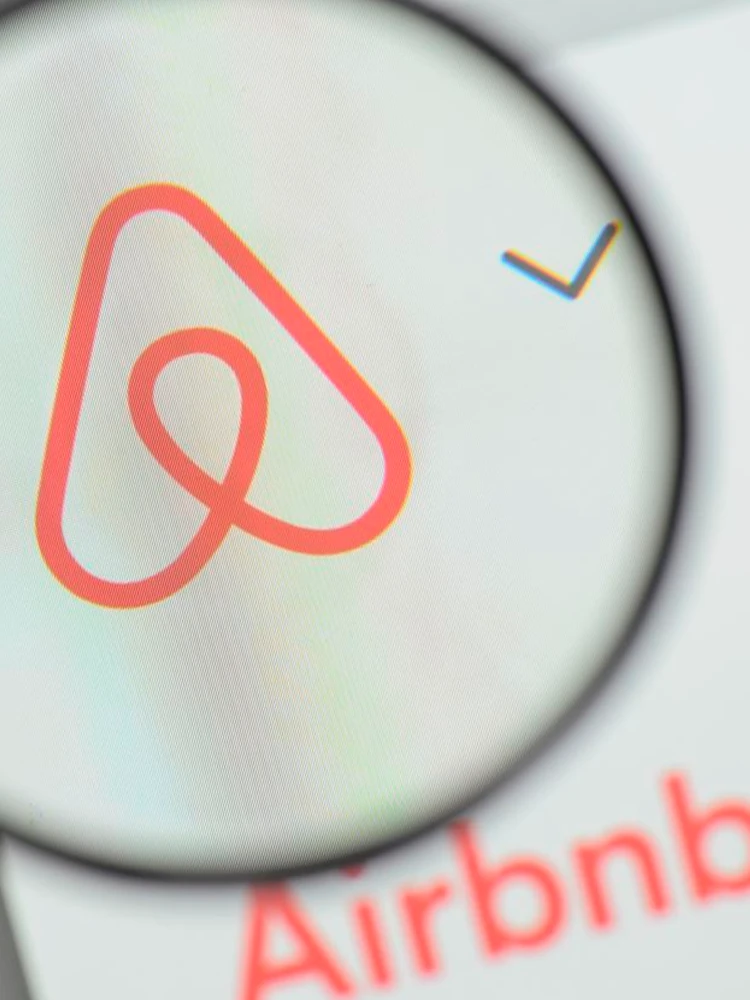

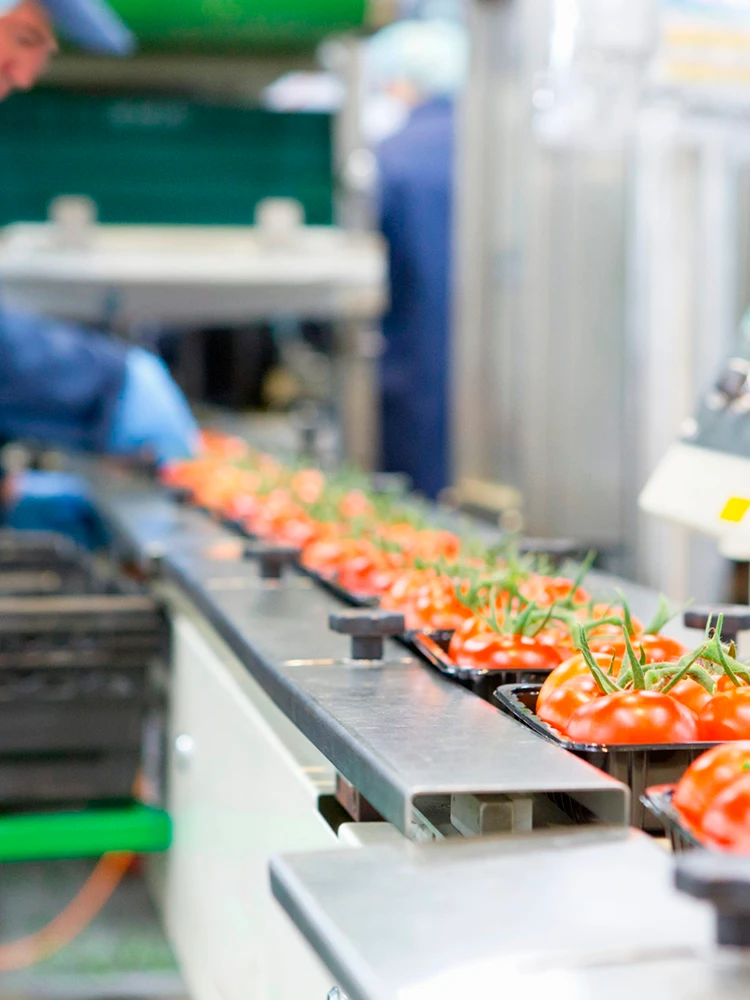

Why On-Site HOCl Production?
Reduce Costs, Increase Efficiency
- Cost-Effective: Eliminate reliance on external suppliers and reduce expenses associated with purchasing pre-made disinfectants, packaging, and transportation.
- Supply Chain Independence: Avoid disruptions caused by shortages or delays in delivery by producing disinfectant on-demand.
- Environmentally Friendly: Minimize waste from single-use plastic containers and reduce carbon emissions associated with shipping.
- Tailored Solutions: Produce disinfectant at desired concentrations for specific applications, from surface cleaning to air sanitation.
- Safety Assurance: Generate fresh HOCl with consistent quality, ensuring superior efficacy against pathogens without harmful chemicals.
Key Features of Our Generator
- High-Capacity Production: Produce large amounts of HOCl per day, supporting high-demand environments like hospitals, food processing facilities, and large commercial spaces.
- Built-In RO System: Integrated reverse osmosis (RO) system guarantees pure water, ensuring consistent quality and effectiveness of the disinfectant.
- Advanced Electrolyzer Technology: Titanium core electrolyzer with a lifespan of over 10,000 operational hours for long-term reliability and durability.
- Customizable Output: Adjustable HOCl concentrations between 100–500 ppm to suit a variety of disinfection needs.
- Durable Construction: Designed to withstand continuous operation in demanding environments, ensuring minimal downtime.
- Stable Output Solutions: Properly stored HOCl solutions remain effective for several months, providing flexibility in usage and storage.
Table 1: Cost Comparison Between On-Site HOCl Production vs. Traditional Disinfectants
|
Disinfectant Type |
Average Cost per Liter |
Advantages |
Considerations |
|---|---|---|---|
|
HOCl (On-site Production) |
$0.05 - $0.10 |
Low cost, non-toxic, effective on-site production |
Equipment cost and maintenance required |
|
Bleach (Sodium Hypochlorite) |
$0.65 - $1.00 |
Widely available, effective on surfaces |
Toxic, not suitable for air or food applications |
|
Alcohol (70% Isopropyl) |
$1.50 - $2.50 |
Quick evaporation, effective on skin |
Flammable, not ideal for all surfaces |
|
Ammonia-based Cleaners |
$0.80 - $1.20 |
Effective on grease and some bacteria |
Harsh, strong odor, potential respiratory irritant |
Cost Comparison Between On-Site HOCl Production vs. Traditional Disinfectants
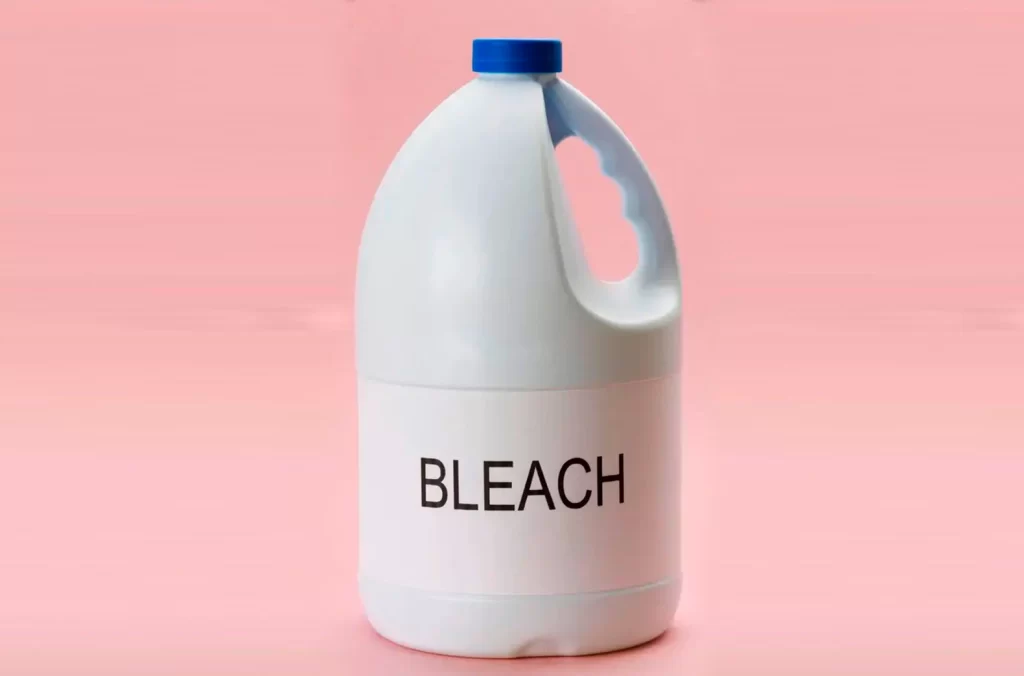
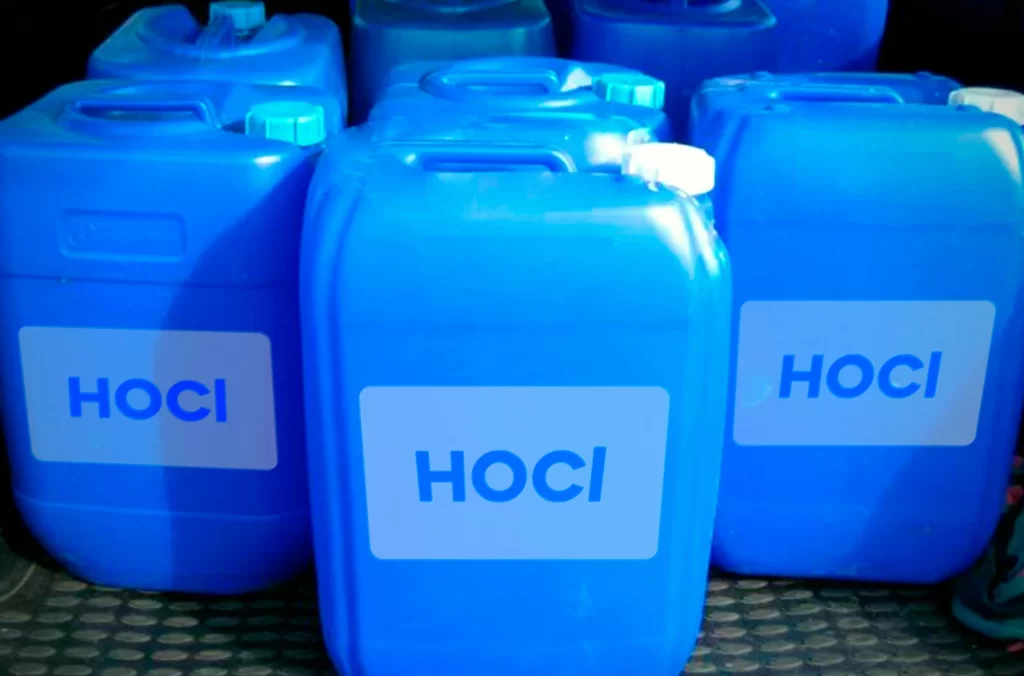
Table 2: Virucidal Effect of HOCl and Standard Disinfectants on Surfaces
|
Disinfectant |
Concentration (ppm) |
Contact Time |
Efficacy |
|---|---|---|---|
|
HOCl (Hypochlorous Acid) |
100-200 ppm |
1-2 minutes |
99.9% reduction on surfaces (effective against SARS-CoV-2 and influenza) |
|
Bleach (Sodium Hypochlorite) |
500 ppm |
5-10 minutes |
Effective against a range of viruses, requires longer contact |
|
Alcohol (70% Isopropyl) |
― |
~1 minute |
Limited effect on non-enveloped viruses |
|
Quaternary Ammonium Compounds |
500-1000 ppm |
5-10 minutes |
Slower action on non-enveloped viruses |
Safety and Regulatory Approvals of HOCl
Hypochlorous Acid (HOCl) is recognized globally as one of the safest and most effective disinfectants. Its efficacy, combined with a gentle profile, has earned HOCl approval from major health and regulatory bodies, making it ideal for healthcare, food service, and public health.
Regulatory Approvals
- EPA (Environmental Protection Agency): HOCl is EPA-approved for broad-spectrum disinfection, including use against bacteria, viruses, and fungi.
- FDA (Food and Drug Administration): Approved by the FDA for food service, skin contact and as a disinfectant.
- WHO (World Health Organization): Recognized by the WHO as essential for infection control, as an effective disinfectant for healthcare and community sanitation.
Key Safety Benefits
- Non-Toxic: Safe for humans, animals, and the environment, leaving no harmful residues.
- Broad-Spectrum Efficacy: Effective against viruses, bacteria, and fungi, for both surfaces and air.
- Biocompatible: Mimics the body’s natural defenses, providing safe yet powerful disinfection.
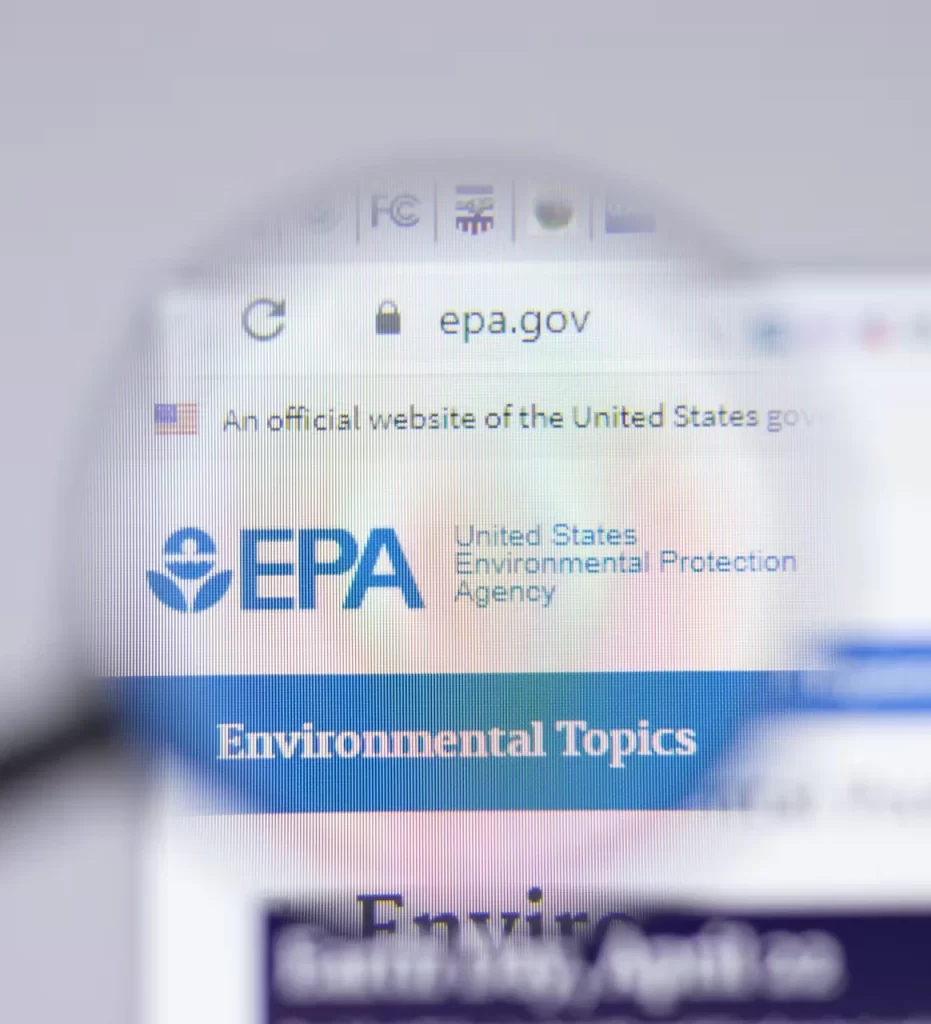
Seamless Setup, Comprehensive Training, and Lasting Value
Training & Support Highlights
- Comprehensive Training: Step-by-step guidance from unboxing to setup and production.
- Production and Stabilization: Instructions for high-quality HOCl output and long-term solution stability.
- Testing and Adjustment: Training on FAC, pH, and ORP testing. Assistance with equipment calibration and adjustment, including storage best practices.
- Ongoing Support: Available for troubleshooting, maintenance, and upgrades.
- Long-Term Cost Savings: Reduce disinfectant costs by up to 90% annually.
Real-World Success Stories

Addenbrooke’s Hospital, UK
Implemented HOCl fogging in intensive care units, resulting in a significant reduction of pathogens and enhanced patient safety.

Buckinghamshire Healthcare NHS Trust, UK
Adopted aerosolized HOCl fogging in high-traffic zones during the COVID-19 pandemic, leading to lower infection rates and improved protection for both patients and staff.

Australian Hospitals
Integrated HOCl fogging into emergency departments and wards, effectively reducing nosocomial infections and ensuring safety without damaging equipment.

Toronto General Hospital, Canada
Introduced on-site HOCl production for surface disinfection, achieving a notable decrease in healthcare-associated infections and enhancing overall hygiene standards.

Singapore General Hospital, Singapore
Utilized HOCl fogging in surgical suites and patient rooms, resulting in a marked reduction in microbial contamination and improved patient outcomes.

St. Vincent’s Hospital, Australia
Utilized HOCl fogging in surgical suites and patient rooms, resulting in a marked reduction in microbial contamination and improved patient outcomes.

Addenbrooke’s Hospital, UK
Implemented HOCl fogging in intensive care units, resulting in a significant reduction of pathogens and enhanced patient safety.

Buckinghamshire Healthcare NHS Trust, UK
Adopted aerosolized HOCl fogging in high-traffic zones during the COVID-19 pandemic, leading to lower infection rates and improved protection for both patients and staff.

Australian Hospitals
Integrated HOCl fogging into emergency departments and wards, effectively reducing nosocomial infections and ensuring safety without damaging equipment.

Toronto General Hospital, Canada
Introduced on-site HOCl production for surface disinfection, achieving a notable decrease in healthcare-associated infections and enhancing overall hygiene standards.

Singapore General Hospital, Singapore
Utilized HOCl fogging in surgical suites and patient rooms, resulting in a marked reduction in microbial contamination and improved patient outcomes.

St. Vincent’s Hospital, Australia
Utilized HOCl fogging in surgical suites and patient rooms, resulting in a marked reduction in microbial contamination and improved patient outcomes.
Scientific Evidence Supporting HOCl in Disinfection
- Inhalation of Microaerosolized HOCl: Confirms safe inhalation and strong antimicrobial action against respiratory pathogens (Archives of Internal Medicine Research, 2022).
- Decontamination Effect of HOCl Dry Mist: Demonstrates HOCl’s pathogen inactivation without electronic corrosion (Int. J. of Molecular Sciences, 2024).
- Hypochlorous Acid as an Antiseptic in COVID-19 Care: Supports virucidal efficacy on mucosal surfaces (Arch Soc Esp Oftalmol, 2022).
- Broad-Spectrum Disinfection via HOCl Fogging: Evidence on HOCl’s low toxicity for indoor sanitization (Int. J. Environmental Research and Public Health, 2022).
- Antimicrobial Efficacy of HOCl for Infection Prevention: Highlights HOCl’s role in innate immunity (GMS Hygiene and Infection Control, 2023).
- Whole-Room HOCl Atomizing System in Healthcare: Reduces contamination on surfaces, improving operational efficiency (Critical Care Explorations, 2021).
- Enhanced Endoscopic Disinfection with HOCl: Demonstrates.
- Efficacy of HOCl Fogging in Virus Inactivation: Achieved ≥99.9% reduction of viral infectivity on surfaces within 10 minutes (Applied and Environmental Microbiology, 2006).
- Safety and Antimicrobial Efficacy of Nebulized HOCl: Demonstrates significant pathogen reduction with no adverse effects on skin or lungs (International Journal of Environmental Research and Public Health, 2022).
- HOCl Rapidly Kills Corona, Flu, and Herpes to Prevent Aerosol Spread: Demonstrates hypochlorous acid’s rapid effectiveness against respiratory viruses to reduce aerosol transmission (Journal of Dental Research, 2023).
- The Lesson Learned from the COVID-19 Pandemic: Can an Active Chemical Be Effective, Safe, Harmless for Humans, and Low-Cost? Evidence on Aerosolized HOCl: Highlights the safety and efficacy of aerosolized hypochlorous acid in mitigating airborne pathogens (International Journal of Environmental Research and Public Health, 2022).


